
As global efforts intensify to mitigate climate change, carbon capture has emerged as a vital technology to curb greenhouse gas emissions. Power generation, a major source of global carbon dioxide…

As global efforts intensify to mitigate climate change, carbon capture has emerged as a vital technology to curb greenhouse gas emissions. Power generation, a major source of global carbon dioxide…
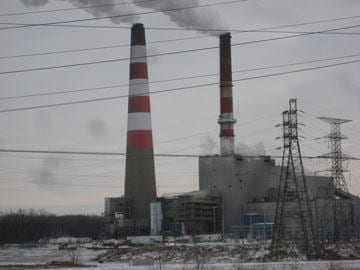
The U.S. Supreme Court has said that rules requiring power plants burning fossil fuels to reduce emissions of toxic substances can stand, dealing a blow to several Republican-led states and…
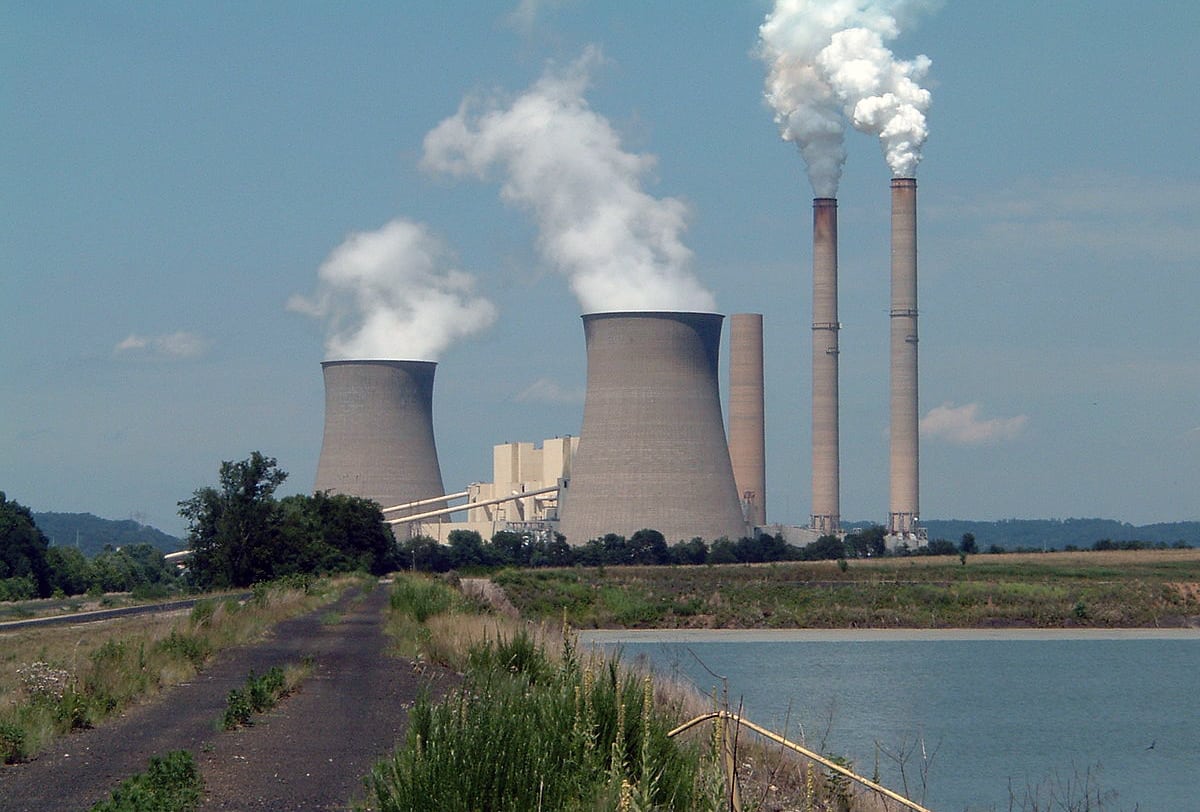
The Supreme Court’s landmark decision this past summer in Loper Bright Enterprises v. Raimondo marks a significant shift in administrative law by overturning the long-standing principle of Chevron deference, which…
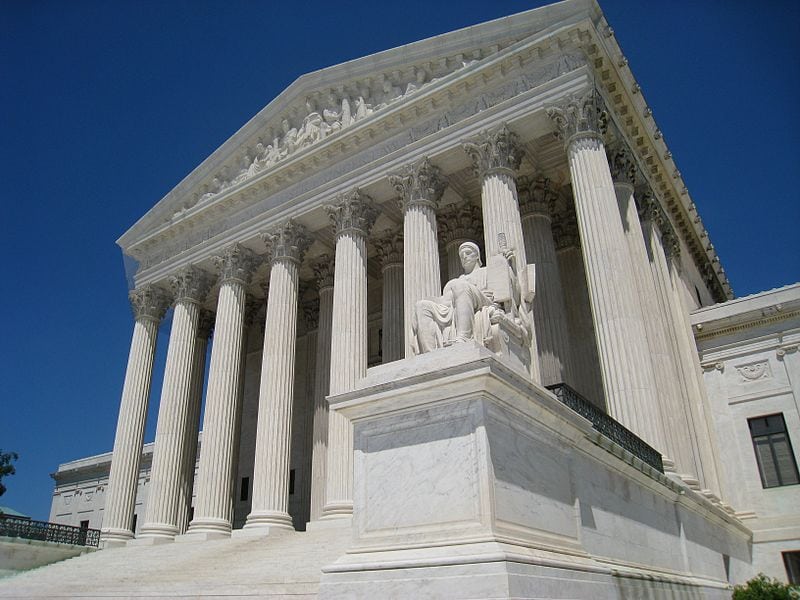
The U.S. Supreme Court on June 28 overturned the Chevron doctrine—a forty-year-old precedent—significantly curtailing the power of federal agencies to interpret ambiguous statutory provisions, even in areas of agency expertise.…

The U.S. Supreme Court in a 5–4 vote blocked enforcement of the Environmental Protection Agency’s (EPA’s) final “Good Neighbor Plan,” a rule intended to significantly cut smog-forming nitrogen oxide (NOx)…

The Environmental Protection Agency (EPA) is readying a regulatory sweep targeting more stringent limits on traditional pollutants that could accelerate coal power plant closures. A coal trade group estimates that…

On the final day of the Supreme Court’s term, the Court ruled in favor of West Virginia and other petitioners challenging the claimed regulatory authority that underlaid the Clean Power…
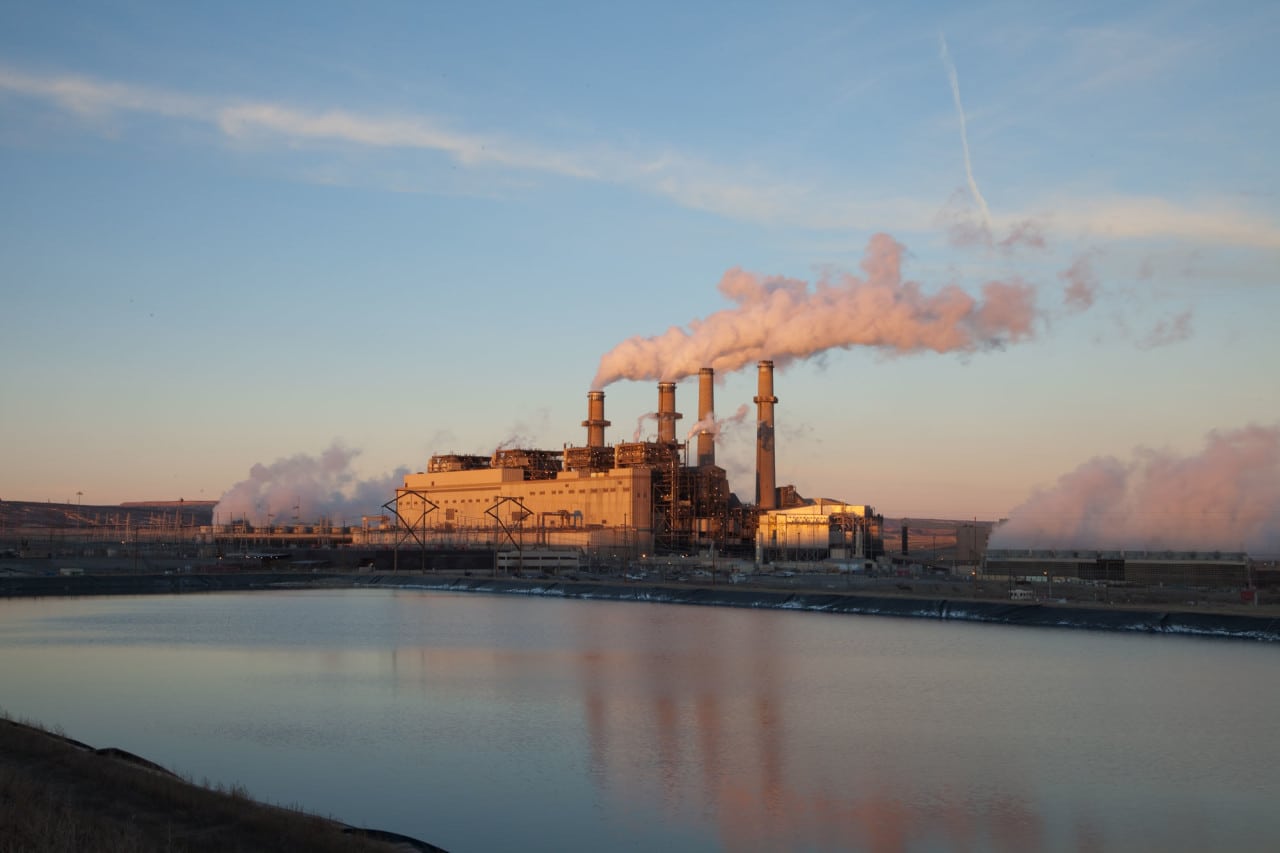
Reaction on both sides of the issue was swift after the U.S. Supreme Court in a 6-3 vote said the U.S. Environmental Protection Agency (EPA) should not have the authority…
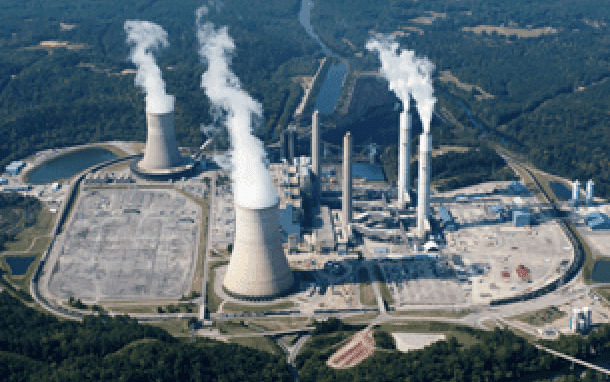
The U.S. Supreme Court has curbed the Environmental Protection Agency’s (EPA’s) options for limiting emissions of greenhouse gases (GHG) from power plants, an important environmental decision that could impact the…

The U.S. Supreme Court is hearing arguments on a landmark case that could determine whether the Environmental Protection Agency (EPA) has the authority to broadly interpret the Clean Air Act…